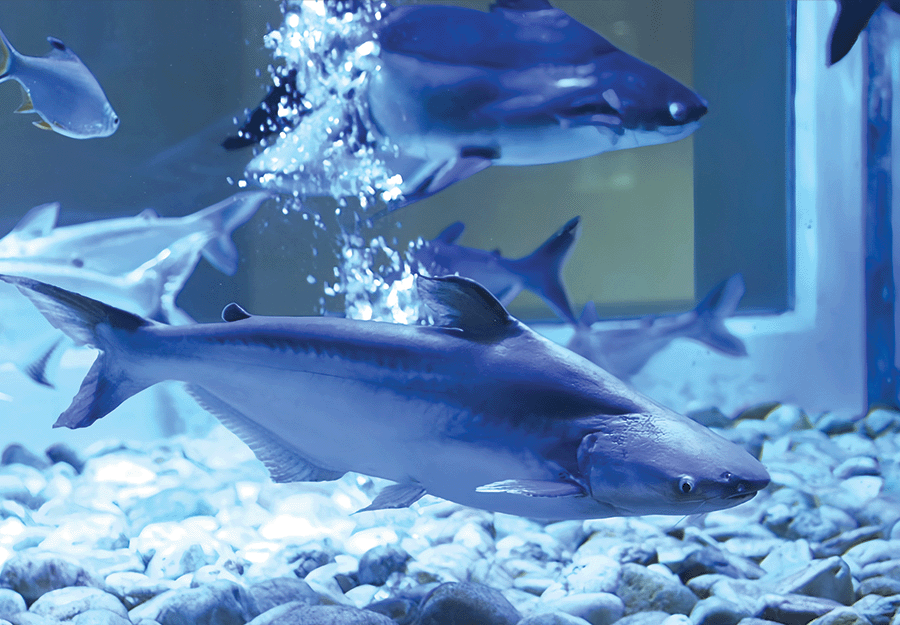









| S/N | Site Name | Proximity to High Biodiversity Area | Total potentially-qualifying species | Triggered Species | Likelihood of Occurrence | Impact Magnitude | Resources Sensitivity | Impact Significance |
| Thailand | ||||||||
| 1 | Beer Thip Brewery (1991) | Very High | None | None | Very Unlikely | Medium | Low | Minor |
| 2 | Cosmos Brewery (Thailand) | Very High | None | None | Very Unlikely | Small | Low | Negligible |
| 3 | Fuengfuanant | Low | 4 |
|
Very Unlikely | Medium | High | Major |
| 4 | Kanchanasingkorn | Very High | 1 |
|
Very Unlikely | Small | Medium | Minor |
| 5 | Luckchai Liquor Trading | Very High | None | None | Very Unlikely | Medium | Medium | Moderate |
| 6 | Mongkolsamai | Very High | 1 |
|
Very Unlikely | Small | Medium | Minor |
| 7 | Nateechai | Low | 2 |
|
Very Unlikely | Small | Medium | Minor |
| 8 | Oishi Trading (Ban Bueng) | Low | 1 |
|
Very Unlikely | Small | Medium | Minor |
| 9 | Oishi Trading (Navanakorn) | Very High | 1 |
|
Very Unlikely | Medium | Low | Minor |
| 10 | Oishi Trading (Wang Muang) | High | 2 |
|
Very Unlikely | Small | High | Moderate |
| 11 | Red Bull Distillery (1988) | Very High | None | None | Very Unlikely | Medium | Low | Minor |
| 12 | Sangsom (Kanchanaburi) | Very High | 1 |
|
Very Unlikely | Small | Medium | Minor |
| 13 | Sangsom (Nakhon Pathom) | Very High | 1 |
|
Very Unlikely | Small | Medium | Minor |
| 14 | SermSuk (Chonburi) and Sermsuk Beverest | Moderate | 2 |
|
Very Unlikely | Medium | High | Major |
| 15 | SermSuk (Nakhon Sawan) | Very High | 1 |
|
Very Unlikely | Medium | Medium | Moderate |
| 16 | SermSuk (Pathum Thani) | Very High | 1 |
|
Very Unlikely | Medium | Low | Minor |
| 17 | SermSuk (Surat Thani) | Low | 1 |
|
Very Unlikely | Small | Medium | Minor |
| 18 | S.S. Karnsura | Low | 6 |
|
Very Unlikely | Medium | Medium | Moderate |
| 19 | Surabangyikhan | Very High | 1 |
|
Very Unlikely | Medium | Low | Minor |
| 20 | Thanapakdi | Low | 1 |
|
Very Unlikely | Medium | High | Major |
| 21 | United Winery & Distillery and United Products | Very High | 1 |
|
Very Unlikely | Small | Medium | Minor |
| 22 | Wrangyer Beverage (2008) | Very High | 1 |
|
Very Unlikely | Small | Medium | Minor |
| Myanmar | ||||||||
| 23 | Yangon Bottling & Distillery | High | 1 |
|
Possible | Medium | Medium | Moderate |
| Scotland | ||||||||
| 24 | Airdrie Distillery | High | None | None | Very Unlikely | Medium | Low | Minor |
| 25 | Balblair Distillery | High | None | None | Possible | Medium | Medium | Moderate |
| 26 | Balmenach Distillery | Very High | None | None | Possible | Small | Medium | Minor |
| 27 | Pulteney | High | None | None | Very Unlikely | Small | Medium | Minor |
| 28 | Knockdhu Distillery | High | None | None | Possible | Large | Low | Moderate |
| 29 | Speyburn Distillery | High | None | None | Very Unlikely | Medium | Medium | Moderate |











ThaiBev organized a volunteer activity titled 'Restoring and Conserving Marine Resources' from August 24–25, 2024, at Ban Koh Jik Community, Chanthaburi Province. The initiative aims to restore marine ecosystems, manage waste, and promote the sustainable conservation of natural resources in accordance with legal standards.
Key activities include the construction of artificial reefs and fish aggregating devices from coconut branch, which serve as habitats and nurseries for marine life. These structures help increase fish populations and attract marine species to congregate., supporting both sustainable fisheries and marine resource conservation. Another focus is on net mending in accordance with legal standards, which prevents the capture of juvenile marine animals. This effort plays a vital role in preserving biodiversity and ensuring the long-term abundance of marine resources. In addition, beach and coastal clean-up is also a major part of the activity, aiming to reduce marine pollution, such as plastic waste that could harm marine animals. This contributes to maintaining the cleanliness and natural beauty of the coastal ecosystem.
This initiative not only mitigates direct environmental impacts but also reflects ThaiBev’s strong commitment to careful planning and implementation of activities with an awareness of the vital interdependence between humans and marine ecosystems essential for sustaining life, ensuring food security, and protecting the environment in the long term.